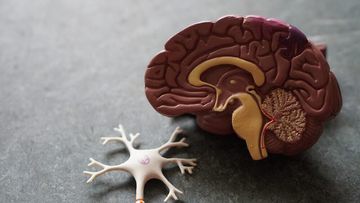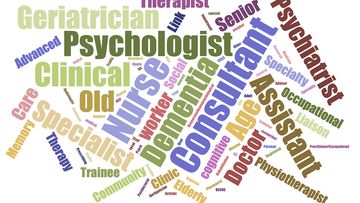Improving dementia patient outcomes using AI technology
Artificial intelligence (AI) is going to play a huge role in the future of healthcare, which is why the UK government recently pledged £250 million to develop AI in the NHS. They intend to use this to improve treatments of conditions including cancer and dementia. So where is this money actually going to go?
The Department of Health will use the investment for a cutting-edge National Artificial Intelligence Lab. The main goal of the lab will be to use AI to detect and diagnose life-threatening diseases like cancer and help detect dementia at an early stage. Early detection is one of the most important factors in developing an effective, and often life-saving treatment. This technology can also improve cancer screening: AI algorithms can use big data to speed up the delivery of test results of brain and spine scans, playing a crucial role in diagnosis of many conditions affecting millions every year.
One of the most exciting new proposals of the AI lab is to develop technology which can use DNA tests to identify which patients have the highest genetic risk of certain diseases, making way for early diagnosis and effective treatment. By pre-empting risks, healthcare professionals can act earlier and save patients from diseases which would otherwise be life threatening.

Of course, all of this will be a waste if the NHS aren’t ready to adopt the innovations available with AI. This is why part of the program includes training and upskilling for AI staff to develop the use of state-of-the-art AI within our existing healthcare system. Once the staff are ready, and a secure AI system is developed, everything from brain and spine surgery to routine paperwork has the potential to be improved through automation. This doesn’t mean AI is coming to replace jobs in the NHS, but that it can streamline processes and increase efficiency, which will primarily lead to improved patient outcomes. Health Secretary Matt Hancock said that the funding is set to
‘boost the frontline by automating admin tasks and freeing up staff to care for patients’.
AI technology will keep growing over the coming years, and this funding boost will radically improve all areas of healthcare, through AI’s ability to automate processes, analyse scans, and even develop entire new methods of diagnosis. If you want to stay at the forefront of this critical medical area, and see how AI will benefit the neuro industry, sign up for your free tickets for the European Neuro Convention here.
The European Neuro Convention is part of Mediweek 2020, the UK’s largest healthcare event showcasing over 150 expert speakers and 200 innovative exhibitors. Over 2000 medical professionals will be attending the European Neuro Convention, to join them in gaining some of the best medical expertise in Europe, sign up for free here.

Related articles
Promoting prevention, supporting management
Led by proactive clinicians determined to see improvement in the way we prevent, diagnose and manage dementias, Dementia Academy supports healthcare professionals with the latest tools, resources and courses to do just that.


